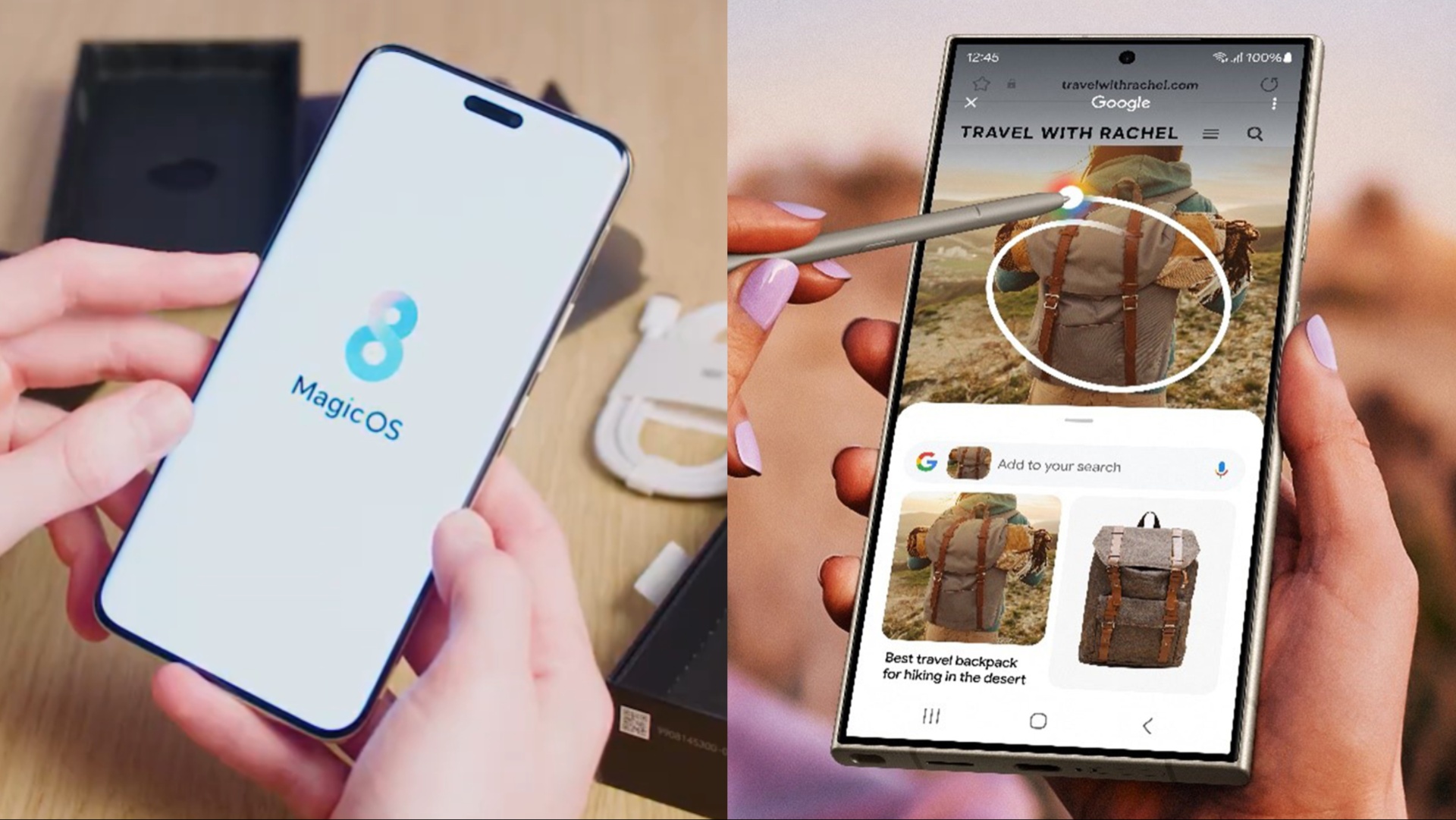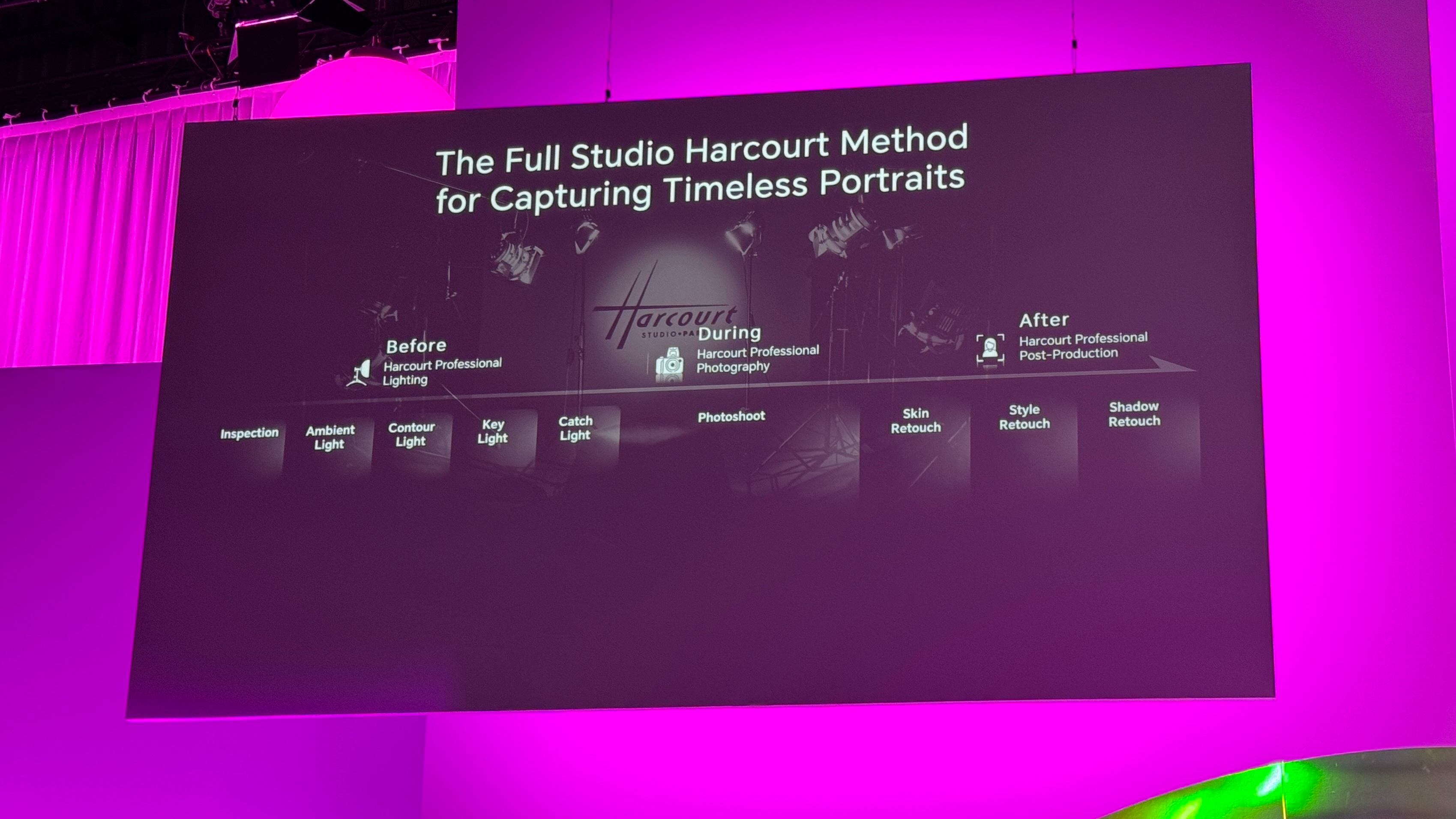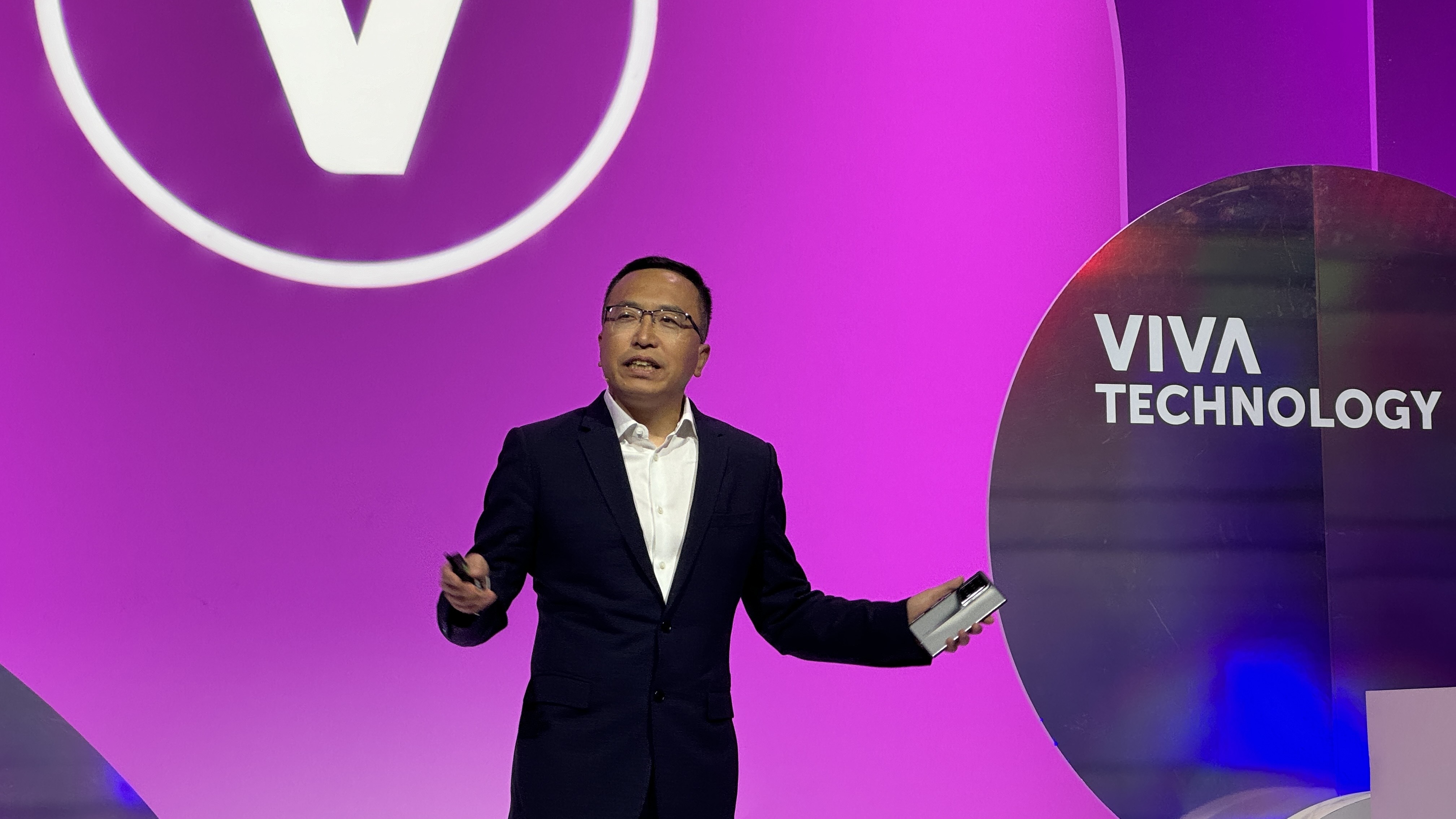
Given the sheer number of headlines relating to ChatGPT, Google Gemini, Galaxy AI, and other astronaut-adjacent terms in recent months, you’d be forgiven for believing that artificial intelligence (AI) is the best thing since sliced bread. Of course, those headlines have often see-sawed between slack-jawed wonder (see OpenAI) and brutal skepticism (see the Humane AI Pin), but it’s abundantly clear that a major shift is underway in the smartphone landscape.
Honor is the latest mobile brand to commit its future to the AI revolution, with the company unveiling its ambitious “four-layer AI architecture” at VivaTech 2024. What does that mean, exactly? We’ll spare you the yawn-inducing complexity, but the name behind the world’s thinnest foldable phone has essentially outlined its plans to take on the likes of Samsung and Apple with a suite of “cutting-edge” generative AI features powered by Google Cloud.
Honor is keeping the full extent of those features under wraps for now, but the company has teased an innovative new AI-powered portrait shooting mode for its upcoming Honor 200 series smartphones that aims to recreate the iconic Studio Harcourt method of photography.
If you’re unfamiliar with Studio Harcourt, the 91-year-old French photography studio is famous for its black-and-white portraits of movie stars and celebrities. Ingrid Bergman, Marlene Dietrich, Edith Piaf, Salvador Dalí, Roger Federer, and Monica Bellucci have all passed through the doors of the Parisian studio at various points since 1934. Now, through a new creative partnership, Honor plans to leverage Studio Harcourt’s photographic expertise in its upcoming mobile products, beginning with the Honor 200 series in June.


The ‘Harcourt method’ of portrait photography is characterized by dark, smoky glamor and carefully orchestrated shadows, and Honor says its AI-based software has “learned from a vast dataset” of Studio Harcourt portraits to replicate this process on a smartphone camera.
TechRadar was given a blink-and-you’ll-miss-it glimpse at this supposedly “revolutionary” portrait mode during Honor’s VivaTech presentation, and it looks certain to help the Honor 200 challenge for a spot on our list of the best camera phones. But as with the rest of Honor’s upcoming AI features, further details on the brand’s Studio Harcourt partnership are being kept behind closed doors until later this year.
Taking the fight to Samsung
As for how Honor’s approach to AI differs from, say, Samsung’s approach, Honor CEO George Zhao told TechRadar that his company’s four-layer AI architecture – which comprises cross-device AI, platform-level AI, app-level AI, and Interface to Cloud-based AI – aims to deliver a more intent-based user experience than is currently offered by Galaxy AI.
Get daily insight, inspiration and deals in your inbox
Sign up for breaking news, reviews, opinion, top tech deals, and more.

Of course, we’ll have to wait until Honor actually unveils its new generative AI features to know whether the company’s mobile-based AI solution can hold a candle to Samsung’s increasingly popular Galaxy AI suite, but the recent expansion of the former’s Magic Portal shortcut feature hints at promising progress.
In essence, Magic Portal is an Honor-exclusive shortcut feature that lets you switch between apps and services with a single swipe. For instance, if a friend sends you some location information and you want to get there in a hurry, Magic Portal lets you drag those details – in one fell swoop – from the messages app across into a compatible ride-hailing or navigation app, saving you several clicks in the process.
Honor confirmed at VivaTech that Magic Portal now supports over 100 apps across a wide range of categories, including travel, entertainment, shopping, and social media, so owners of compatible devices like the Honor Magic 6 Pro can rest assured that Galaxy AI users aren’t having all the AI fun.
You might also like

Axel is TechRadar's UK-based Phones Editor, reporting on everything from the latest Apple developments to newest AI breakthroughs as part of the site's Mobile Computing vertical. Having previously written for publications including Esquire and FourFourTwo, Axel is well-versed in the applications of technology beyond the desktop, and his coverage extends from general reporting and analysis to in-depth interviews and opinion. Axel studied for a degree in English Literature at the University of Warwick before joining TechRadar in 2020, where he then earned an NCTJ qualification as part of the company’s inaugural digital training scheme.